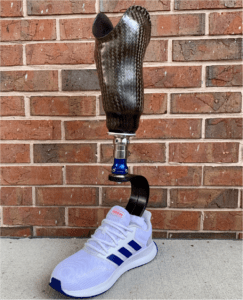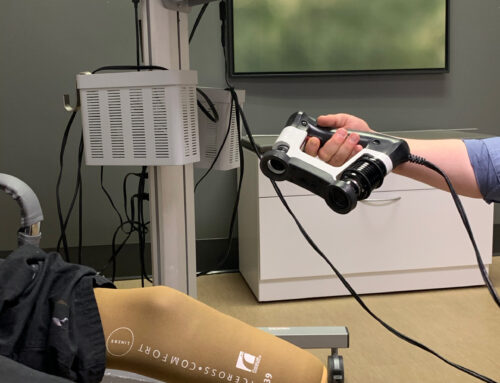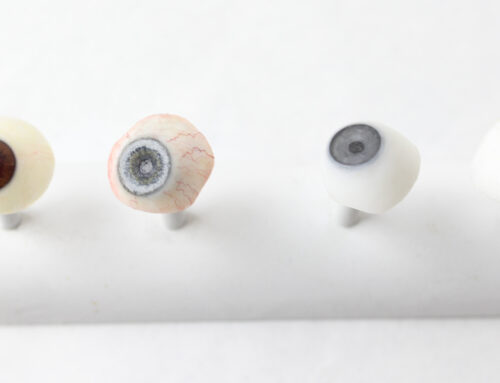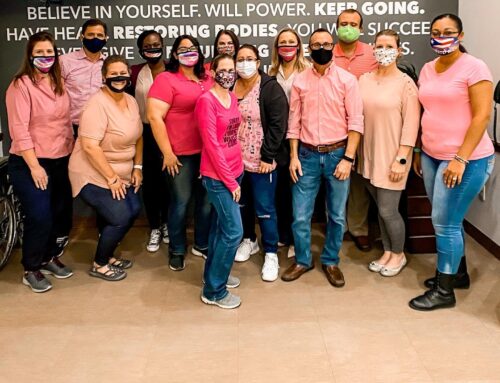Basalt fiber prosthetics give a performance edge!
 Prosthetics and orthotics often take advantage of composite materials’ strength and durability. Manufacturer Coyote Design (Boise, ID, US) has used their expertise and experience to give prosthetic sockets a performance edge using a Basalt fiber. A prosthetic socket is a custom-shaped, hollow form into which an amputee’s stump fits. Using a mold of the amputee’s residual limb, creates the shape of the socket.
Prosthetics and orthotics often take advantage of composite materials’ strength and durability. Manufacturer Coyote Design (Boise, ID, US) has used their expertise and experience to give prosthetic sockets a performance edge using a Basalt fiber. A prosthetic socket is a custom-shaped, hollow form into which an amputee’s stump fits. Using a mold of the amputee’s residual limb, creates the shape of the socket.
Practitioners often try new composite reinforcement materials for socket durability. For example, aramid fiber failed, due to a lack of adhesion to the polyester resin. Materials improved with the advent of carbon fiber braided tubes, or “socks,” wet-out with epoxy resin or acrylic-modified epoxy. Carbon fiber prosthetic sockets exhibited good mechanical performance. However, the material’s brittleness caused a high rate of cracking failure, and patients often reported uncomfortable stiffness. In addition, manufacturing with carbon fiber requires masks, protective gear and dust collection systems for health and safety.

WCBL Patient Care Liaison, Daymon Jenkins, is very knowledgable on many variations of socket styles. As a right below knee amputee himself, Daymon has tried several difference sockets over the years. His most recent socket is Basalt fiber. Many patients choose to laminate their socket with a custom design. However, Daymon chose to leave the braided pattern of the Basalt fiber visible. “My Basalt socket not only catches people’s eye because of it’s unique look, it is also extremely comfortable. I often have people, even non-amputees, stop me and ask about the material of my socket and where it was made” says Daymon.
Finding a Carbon Fiber Alternative
After several years of searching for carbon fiber alternatives, Coyote Design tried Basalt fiber. Basalt is similar to glass fiber, but made from quarried basaltic rock. Made mainly of plagioclase and pyroxene minerals, Basalt is a dark-colored, fine-grained, igneous rock. It underlays more of Earth’s surface than any other rock type. The goal was to test whether the material could provide more flexibility and comfort for patients. “Using basalt fiber braid combined with nylon fiber braid gave us a socket that had the flexural characteristics we wanted, with dramatic reductions in structural failures” says Coyote Design’s Rod Smith, Director of Marketing.
Using Basalt fiber at WCBL, allows us to provide an enhanced structural and design option for patients. It is also a safer material for our staff and the planet. We’re doing our part to better serve you every day! Interested in Basalt fiber prosthetics? Contact us today.





